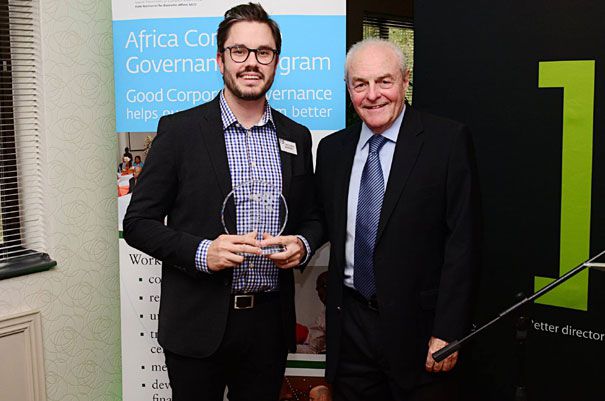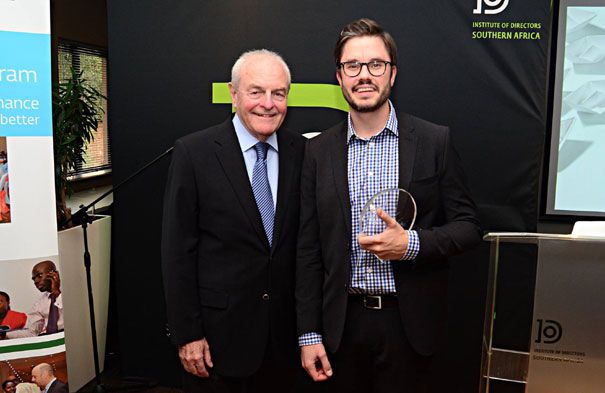
Top stories






More news







Logistics & Transport
Uganda plans new rail link to Tanzania for mineral export boost











“I decided to look at the African Bank story because I was teaching the MBA class on corporate finance. I realised that there were not too many cases written on corporate governance and responsible investing in an emerging market, and South African, context,” says Dr Giamporcaro. “I asked the students to think of something that had happened recently that we could call a corporate governance failure, and African Bank was obviously an interesting case to look at.”
By examining what takes place at a fictional asset manager in the months leading up to ABIL's collapse, the case study gives students the opportunity to discuss the different perspectives that various members of the investment team have on the company, and what each believes is most significant. It also raises the importance of looking at the very real risks associated with environmental, social and governance (ESG) factors.
“What we try to do is explain the reality of what was happening and understand the motives of the people involved, without judging them, rather asking students what they would have done and in whose pair of shoes they felt most comfortable,” Dr Giamporcaro says. “In hindsight it’s easy to say we shouldn’t have invested, but the truth is most of the big asset managers did.”
The African Governance Showcase competition encourages global submissions from participants on all areas of African corporate governance. Case studies must be based on corporate governance cases in Africa, within organisations which could be expected to, or chose to, apply the principles contained in the King Reports on Corporate Governance in South Africa or the relevant corporate governance codes of the country within which the organisation operates.

Dr Giamporcaro’s and Marrian’s work has also gained international recognition by being selected as one of the top 10 case studies in the 2017 CEEMAN (The Central and East European Management Development Association) Case Writing Competition. The competition drew a total of 66 entries from all over the world.
These double honours are a significant boost to the GSB's goal of producing high-quality local case material that reflect the realities of emerging economies, and reduce the reliance on case studies from international universities. The GSB established a Case Writing Centre in a joint venture with the Harvard Business School Alumni Africa Club in 2016. The African Bank case study is one of the first to emerge from this initiative.
“It is obviously a great honour to receive these awards and to be part of what feels to be an exciting new trend to invest in the development of local material to boost learning in African business schools,” commented Marrian, who collected the African Governance Award at a gala dinner held in Sandton on 1 November. “It is great, not only that the GSB is supporting the development of local material through the Case Writing Centre, but also that competitions provide a platform to recognise and showcase the material. This can only be good for learning and growth on the continent.”
“The Case Writing Centre aims to produce and publish teaching case studies that are relevant to us,” explains centre manager, Claire Barnardo. “Our cases reflect Africa and emerging market realities, which are important for the GSB.”
These cases also become an important educational tool. “In a business school setting, teaching case studies are crucial to learning, as they give students the opportunity to step into the shoes of business leaders in a variety of industries and find solutions to real-life dilemmas,” says Barnardo.
“This makes learning more practical. Teaching cases also drive participant-centred teaching, so students are at the forefront of the lesson.”
“There are case studies available on every business topic, but almost all of them are from the USA or other developed markets,” agrees Marrian. “One of the things we faced as MBA students was that we didn't have a lot of cases specific to South Africa, or even emerging markets in general, and there are still very big differences in business environments which can leave you without a solid understanding of your own context.”